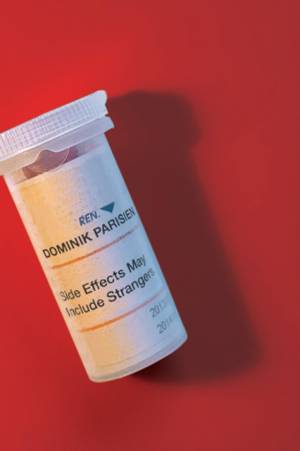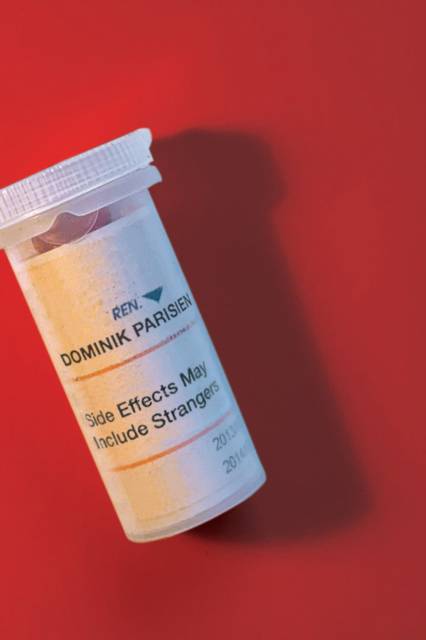
- Afhalen na 1 uur in een winkel met voorraad
- Gratis thuislevering in België vanaf € 30
- Ruim aanbod met 7 miljoen producten
- Afhalen na 1 uur in een winkel met voorraad
- Gratis thuislevering in België vanaf € 30
- Ruim aanbod met 7 miljoen producten
Zoeken
Omschrijving
Ask, Can we for a moment make of beauty / the measure of our pain? and I will answer. To be ill is to be a body bursting with strangers. A curiosity. A narrative to interpret. Dominik Parisien's debut collection is a poignant celebration of the complicated lived experience of disability, a challenge to the societal gaze, and a bold reconfiguration of the language of pain. A powerful contribution to the field of disability poetics, Side Effects May Include Strangers is an affecting look at the multitude of ways a body is both boundary and boundless. Parisien takes bpNichol's claim that "what is a poem is inside of your body" and localizes the inner and outer lives of disabled, queer, and aging bodies as points of meaning for issues of autonomy, disability, sexuality, and language. Balancing hope and uncertainty, anger and gratitude, these poems shift from medical practice to myth, from trauma to intergenerational friendship, in an unflinching exploration of the beauty and complexity of othered bodies.
Specificaties
Betrokkenen
- Auteur(s):
- Uitgeverij:
Inhoud
- Aantal bladzijden:
- 96
- Taal:
- Engels
- Reeks:
- Reeksnummer:
- nr. 56
Eigenschappen
- Productcode (EAN):
- 9780228003571
- Verschijningsdatum:
- 22/10/2020
- Uitvoering:
- Paperback
- Formaat:
- Trade paperback (VS)
- Afmetingen:
- 124 mm x 190 mm
- Gewicht:
- 113 g

Alleen bij Standaard Boekhandel
+ 60 punten op je klantenkaart van Standaard Boekhandel
Beoordelingen
We publiceren alleen reviews die voldoen aan de voorwaarden voor reviews. Bekijk onze voorwaarden voor reviews.








